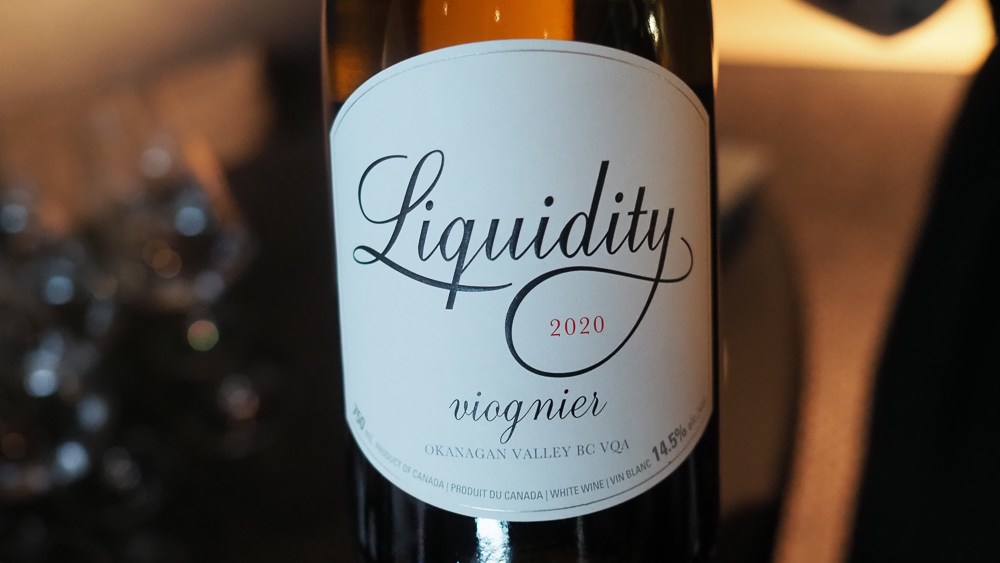Your intrepid liquor reporter has recently returned from a trip to the Maritimes, and made sure to sample the local hooch.
The biggest surprise was Prince Edward Island, which boasts 4 distilleries, as well as a handful of wineries and craft breweries. Not bad for a tiny province with a population one-eighth the size of Alberta!
PEI has two things in abundance; Anne of Green Gables and potatoes, only one of which is good for making booze.
The Prince Edward Distillery pioneered commercial distilling on the island, opening their doors in 2007 with a traditional vodka made from locally grown potatoes, as well as a flavoured vodka infused with locally grown blueberries.
There is a long-standing belief that all vodka is made from potatoes, but vodka can actually be any distilled from any one of a number of grains or plants, most commonly sugar beets, corn, or wheat.
While potatoes were the most readily available source for the homemade vodka of Russian peasants in centuries past, modern agricultural and distilling techniques have made wheat and similar grains the feed stock for 98% of the vodka produced today.
While the slick advertisers at Prince Edward Distilling claims to be the only potato-based vodka producer in North America today, your intrepid liquor reporter recalls visiting the Pemberton Distillery in BC last year, who also make a potato-based vodka, so don’t believe everything you read in those fancy advertisements!
The appeal of grain-based vodka is its very mild flavor, making it ideal for mixing in cocktails. Unlike other flavored spirits such as gin or rum, the almost tasteless and odorless vodka does not overpower flavors of highballs or cocktails.
The potato-based vodka from Prince Edward Distilling has a much richer and creamier flavour profile, more reminiscent of the vodka typically produced in eastern European countries like Russia and Poland.
The North American palate seems to prefer entirely flavourless vodka, usually in a cocktail with other ingredients providing the flavours.
Your intrepid liquor reporter took his potato vodka ice-cold in a rocks glass, with fresh PEI oysters on the half shell.
This potato-based vodka harkens back to earlier days, back to the earliest known production of vodka in 9th-century Russia, which remains the world’s largest producer and consumer of vodka even today.
While Russia and neighboring countries tend to drink their vodka straight or on the rocks, most vodka consumption in North America is as an ingredient in cocktails.
Vodka didn’t really take off in North America until the 1950’s, when tipplers figured out that vodka did not leave the same scent of alcohol on the breath as bourbon.
After that discovery, the 3-bourbon lunch was quickly replaced by the 3-martini lunch, letting the businessmen of the day stumble and lurch back to the office without the telltale aroma of booze on their breath. Sure, they were just as tipsy as before, but at least they didn’t reek of booze!
If you can’t make the long trip all the way to PEI, we are blessed with world-class vodka make right here in Alberta.
Alberta Pure Vodka is perhaps the most recognizable in your local liquor store, and has been at the top of the charts in Alberta for decades. Made from pure Alberta glacial water and locally grown wheat, this is a very neutral-tasting vodka, making it better for mixing in highballs than doing straight.
The fertile minds at Highwood Distillers in High River make no less than five different brands of vodka, my favorite of which is Highwood Pure Canadian Vodka, triple-distilled from locally grown Alberta wheat and pure Rocky Mountain water.
Looking just a little bit south to Turner Valley, we find the Eau Claire Distillery, home of Three Point Vodka, made up by local distilling legend Larry Kerwin, who faithful readers may recall as the long-time brewmaster at Big Rock.
Named for the creek from which the distillery draws its water, Three Point Vodka is made from locally grown Alberta barley that the distillery harvests the old-fashioned way, with a team of horses instead of a thresher.
Unlike the neutral vodkas made from wheat, or the creamy vodkas made from potatoes, a barley-based vodka displays hints of vanilla and caramel from the malting process, making it more of a sipping vodka than a near-invisible ingredient in a cocktail. Pick one up and try it for yourself!








